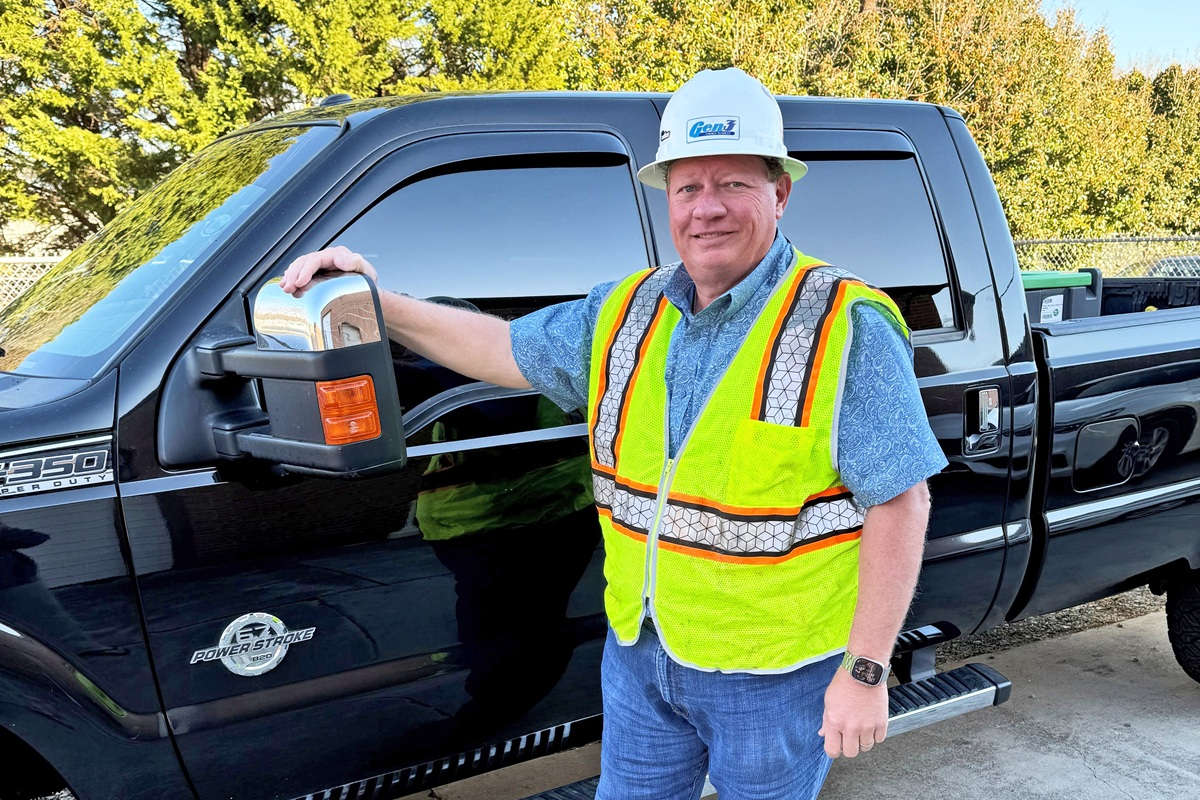NUCA Workforce Development Wins In One Big Beautiful Bill!

Workforce Pell Grants Included In Landmark Legislation
The National Utility Contractors Association (NUCA) celebrated a major workforce development policy victory in the newly signed “One Big Beautiful Bill Act” (OBBB, H.R. 1), capping off years of advocacy for increased educational and training opportunities for the American utility construction industry and those seeking a fulfilling career within it.
“The Workforce Pell Grant program created under the One Big Beautiful Bill Act is a transformative win for America’s utility construction workforce,” remarked Zack Perconti, NUCA’s Vice President of Government Affairs. “By expanding Pell Grant access to qualified short-term training programs, this law facilitates a pathway for more individuals to gain the skills needed to thrive in our industry. It directly addresses the skilled labor shortage, fostering job creation and economic stability. With nearly 450,000 construction jobs needed in the next year, this program empowers workers and creates new opportunities to meet that demand, ensuring a robust pipeline of talent to build and maintain our nation’s critical infrastructure.”
NUCA applauds President Donald Trump and Congress for delivering this transformative program for the American construction workforce. By expanding access to Pell Grants for our industry’s short-term training programs, more Americans will now have the means and opportunities to build a better future for themselves, their families, and their communities These training programs will allow students to quickly acquire the skills needed to enter the utility construction workforce, such as heavy equipment operation or modern trenchless equipment. Expanded access to these grants will create new opportunities for the existing workforce to acquire new skills or further develop existing skills such as welding or machine repair.
This workforce development program for the American utility construction industry was a top goal sought this year by NUCA’s Washington Summit attendees. In the over 100 meetings our Chapters held with their House and Senate lawmakers on May 14, our members emphasized that Congress must focus attention on creating and supporting workforce development programs that would provide significant funding for training and apprenticeship programs to address today’s skilled labor shortages.
A key talking point used by our Summit attendees was to strongly urge Congressional passage of the JOBS Act of 2025 (S. 383). Language similar to that bill and the Bipartisan Workforce Pell Act (H.R. 6585, 118th Congress) was rolled into H.R. 1 during the final round of Senate negotiations. These earlier bills sought to expand the use of Pell Grants for qualified short-term credential and training programs in the construction industry.
The new law expands federal Pell Grant eligibility by establishing the Workforce Pell Grant program, allowing students without a higher education degree or not already enrolled in a program to receive Pell Grants for attending career and technical education (CTE) programs that provide between 150 to 600 clock hours of instructional time over 8 to 15 weeks. Workforce Pell Grants will begin on July 1, 2026.
Expanding Pell Grant eligibility for students enrolled in high-quality, short-term job training programs will enhance access to more education and workforce development opportunities in the American construction industry. By expanding access to Pell Grants for accredited short-term CTE programs, the act will provide more students with the opportunity to gain meaningful skills and credentials that can lead to better job prospects and increased lifetime earnings.
The workforce development changes in the OBBB represent a significant step towards improving access to education and job training for students, particularly those pursuing short-term programs that are critical for entering the utility construction workforce. By improving educational financial support through Pell Grants, this new law seeks to empower our industry’s students and enhance their career opportunities. It will also lead to an enhanced and more robust infrastructure for American communities.
The utility construction industry is full of career opportunities – and demand for skilled workers is only growing. Today, almost 450,000 additional employees will need to be hired in the next 12 months to meet existing construction labor demands. Roughly one-half of the water utility construction workforce is eligible for retirement in the next 10 years. Congress’s help is needed to close the water infrastructure investment and skilled workforce gap, which could create more than 800,000 jobs over the next two decades and deliver countless benefits such as clean water, sanitary sewer systems, broadband, and energy to communities across the United States.
RELATED: NUCA Supports Passage of PERMIT Act




